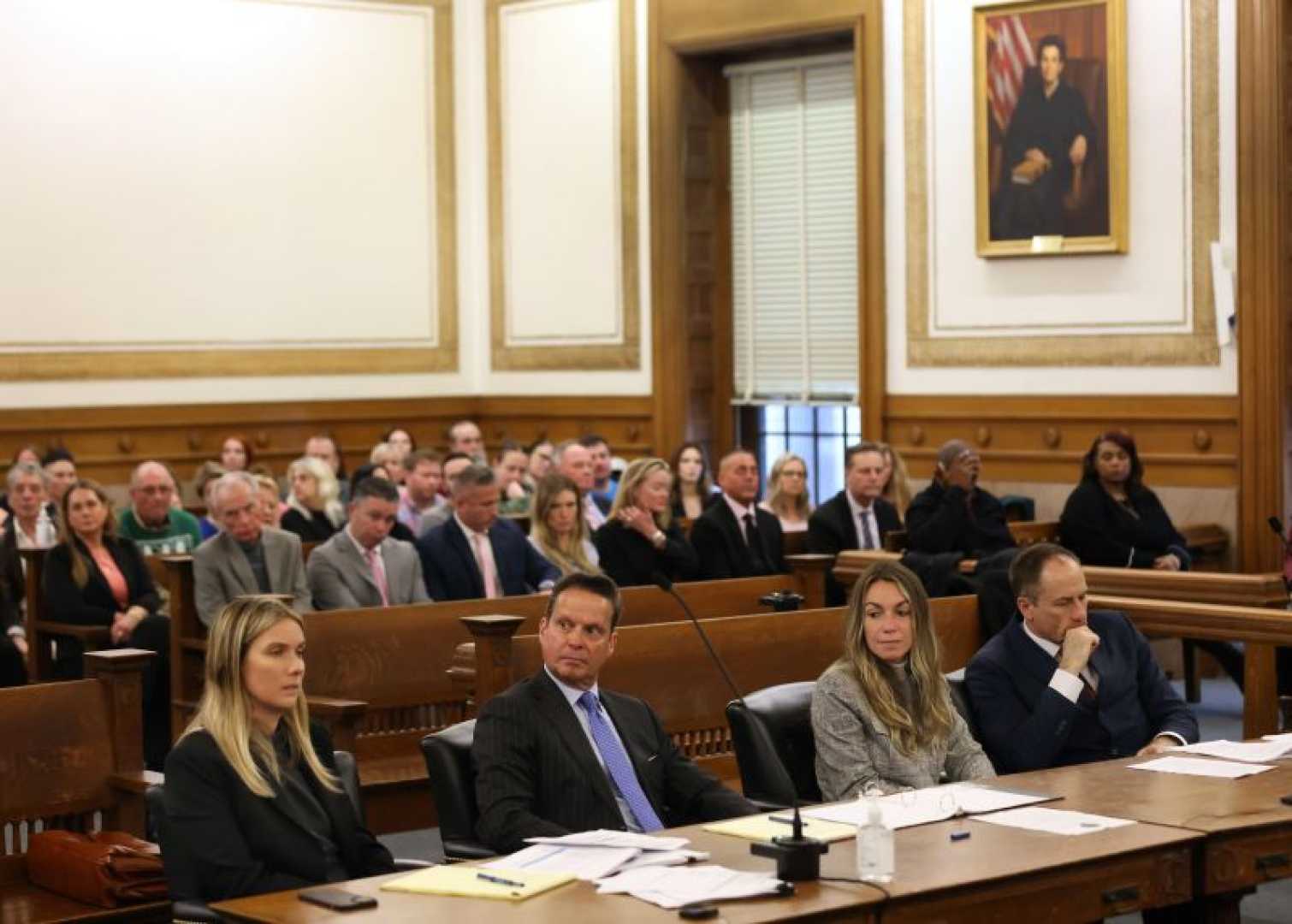News
Karen Read’s Retrial Begins Amid Controversies and Legal Maneuvers

DEDHAM, Mass. — Jury selection is set to begin Tuesday for Karen Read‘s highly publicized second murder trial. The case, which has drawn considerable media attention since the death of Boston police Officer John O’Keefe in January 2022, will involve new legal strategies and significant changes in both the prosecution and defense teams.
Read, 45, is accused of hitting O’Keefe with her vehicle after a night of drinking and leaving him to die in a snowstorm. This retrial comes nine months after her first trial ended in a mistrial due to a deadlocked jury.
During that first trial, jurors deliberated for 30 hours but could not agree on a verdict, with many indicating an inclination to acquit Read of the murder and leaving the scene charges while remaining split on the manslaughter count. Norfolk District Attorney Michael Morrissey swiftly announced plans for a retrial.
Legal experts anticipate a more streamlined presentation from the prosecution this time around. “A tighter case might effectively maintain jurors’ focus on critical issues,” said Michael Cassidy, a Boston College law professor. “Long trials often lead jurors to lose sight of the most significant points.”
Special prosecutor Hank Brennan is set to replace Assistant District Attorney Adam Lally, who led the first trial. Brennan’s approach is expected to be more direct and aggressive, as he has filed numerous motions to strengthen the prosecution’s case, including efforts to obtain communications involving Read and her legal team.
In addition, Read’s defense now includes new attorneys, Victoria Brophey George and Robert Alessi, who bring additional expertise to the team. George participated as an alternate juror in the first trial and is familiar with the case’s complexities, while Alessi has been active in pretrial motions defending the qualifications of expert witnesses for the defense.
As the trial prepares to recommence, both sides have submitted numerous motions, with significant focus on the admissibility of potential third-party evidence. Judge Beverly Cannone ruled that the defense may not introduce claims of other suspects during opening statements but can develop that evidence at trial.
In a recent decision, Cannone also barred the defense from calling retired FBI special agent Michael Easter as an expert witness regarding the investigation into O’Keefe’s death. The judge indicated jurors are capable of assessing the adequacy of the police work without expert guidance.
Ongoing developments outside the court have further complicated the case. The lead investigator for the original inquiry, Trooper Michael Proctor, was recently fired following the revelation of inappropriate texts he sent about Read during the investigation. His testimony remains a point of contention as both sides have included him as a prospective witness.
Supporters of Read have continued to rally outside the courthouse as jury selection approaches. They claim her prosecution is part of a wider cover-up by law enforcement and urge the public to seek accountability within the justice system.
As the upcoming retrial gears up, it remains uncertain whether it will attract the same level of public interest as the first trial, which was heavily featured in national media, including the popular series, “A Body In The Snow: The Trial of Karen Read.”
As jury selection begins, individuals will be subjected to a comprehensive questionnaire assessing their biases and knowledge regarding the case, and the steps taken to shield jurors from external influences indicate the high stakes involved in this retrial.












